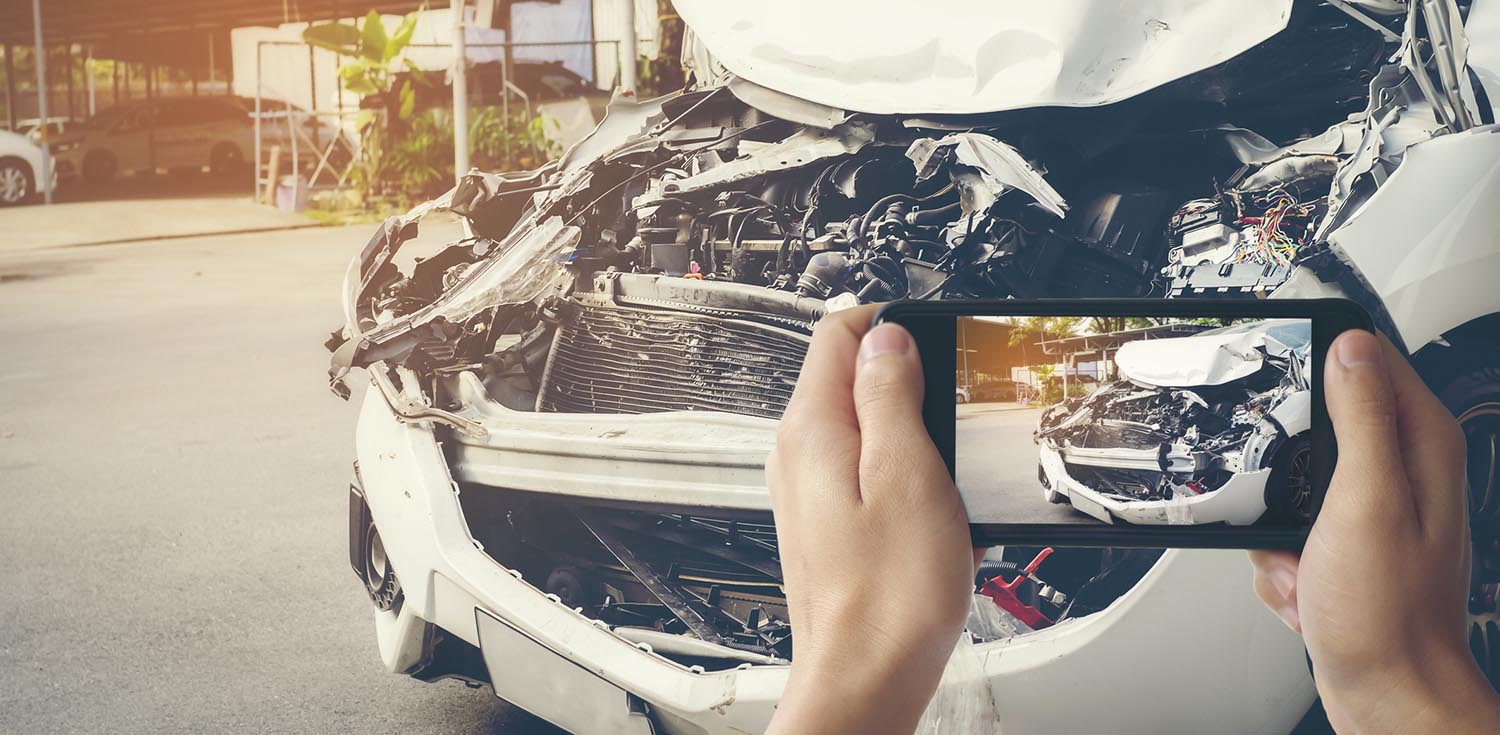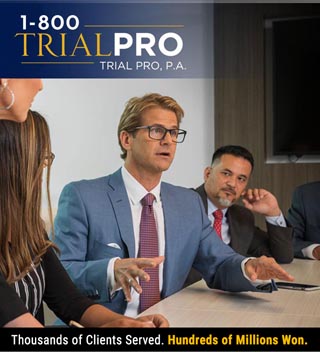
First, assess the physical condition of yourself and any passengers and render any assistance you are competently able to perform. Do the same for the occupants of the other vehicles. Immediately call 911 to report the crash and provide whatever information they require. Then find a safe location for yourself and passengers and wait at the crash site with your vehicle until the police arrive. You should not discuss the details of how the crash occurred with any other drivers or passengers at the crash site, as any statements you make in that regard can be used against you in a future lawsuit. You are required to cooperate with the investigating police agency, and statements included in the police report cannot be used against you in a later civil proceeding other than if you are contesting a traffic citation. If you are physically able to do so, photograph the damage to your vehicle and any other vehicles involved in the accident, and take photos of any visible injuries on your person. Also, call your insurance carrier and report the crash as soon as possible after these initial activities.
If you are experiencing pain or discomfort to any degree, you should advise the responding police officer so they can dispatch medical professionals to assess the situation. When speaking to emergency personnel either on the crash scene or at the hospital, it is critical to state all of your complaints. Even if there is one major complaint and other minor issues, there is no way to determine if any of these issues will become more serious, so you must document all of your complaints. If you choose not to seek medical help at the crash scene and instead decide to pursue medical attention on your own, you must do so as soon as possible following the crash. This is both for your personal health and well-being as well as to ensure you meet certain statutory requirements regarding automobile insurance. Most drivers and passengers sustaining injuries are entitled to personal injury protection (PIP) insurance benefits of up to $10,000 toward payment of medical bills related to the accident. However, pursuant to Florida Statutes, unless you seek medical treatment and the medical provider documents you have sustained an “emergency medical condition” or EMC, your insurance benefits will be severely limited. Once you seek medical care and the medical provider indicates in your record that you sustained an EMC, you are entitled to seek the entire $10,000 benefit under either your PIP insurance or a family member’s PIP insurance. Be certain to document all of your activities as you move forward. It is also important to document any out of pocket expenses related to the accident. This includes lost time from work if you are not immediately able to return to work, as you can recover from the at fault driver not only medical bills and expenses, but also time you miss from your job if your injuries prohibit you from performing your work duties.
Once you have dealt with these initial activities, you should seek representation from a trial attorney specializing in personal injuries as soon as possible. Time is of the essence, as there are insurance issues that must be immediately addressed, there is evidence that must be preserved such as photographing the involved vehicles, photographing the crash scene, locating and interviewing witnesses, and inspecting and taking measurements of the crash scene. As time passes, these types of evidence become more difficult if not impossible to obtain. Witnesses relocate and over time lose memory of specific details and physical evidence such as skid marks, debris from the vehicles and damage to any portion of the roadway or structures abutting the roadway also begin to disappear, and once they are gone, there is no way to recover the same information. An attorney will also identify all insurance carriers that have any connection to the vehicles or people involved in the accident, and they will deal directly with the insurance adjustors so you do not have to. Your attorney should also submit claims for initial and ongoing lost wages, property damage to your vehicle, and any other incident losses you suffer in the initial days and weeks following the accident and moving forward from that point until your case is resolved. In choosing an attorney, look into the attorney and law firm’s number of years in practice, and be certain the attorney is a trial attorney. Florida attorneys handle personal injury matters on a contingency basis, so there is no concern about paying the attorney until and unless the attorney recovers money for your injuries. The attorneys’ fees for Florida attorneys handling personal injury cases are regulated by the Florida Bar and consistent with all attorneys throughout the state. Again, get initial medical attention first—that is critical—but thereafter the sooner you consult with an attorney, the sooner the attorney can begin putting the pieces into place to obtain fair and full compensation for your injuries and damages.
In the days or weeks following the accident, the insurance company for the at-fault driver may contact you. If you have retained an attorney, simply advise them of the name and contact information of the attorney, and do not give them any further information. If you have not retained an attorney, you should consult with an attorney prior to giving any information or statements to the insurance company. Insurance companies are notorious for trying to quickly resolve claims for less than full value, thus taking advantage of their experience and knowledge by talking an accident victim into accepting a much smaller amount of money than the victim would ordinarily be entitled. This is common with the insurance industry, and once they convince the victim to accept money, the victim ordinarily is legally prohibited from pursuing his or her claim. The best way to avoid allowing the insurance carrier to deprive you of fair compensation is to retain an experienced attorney who has been down that road many times before.











